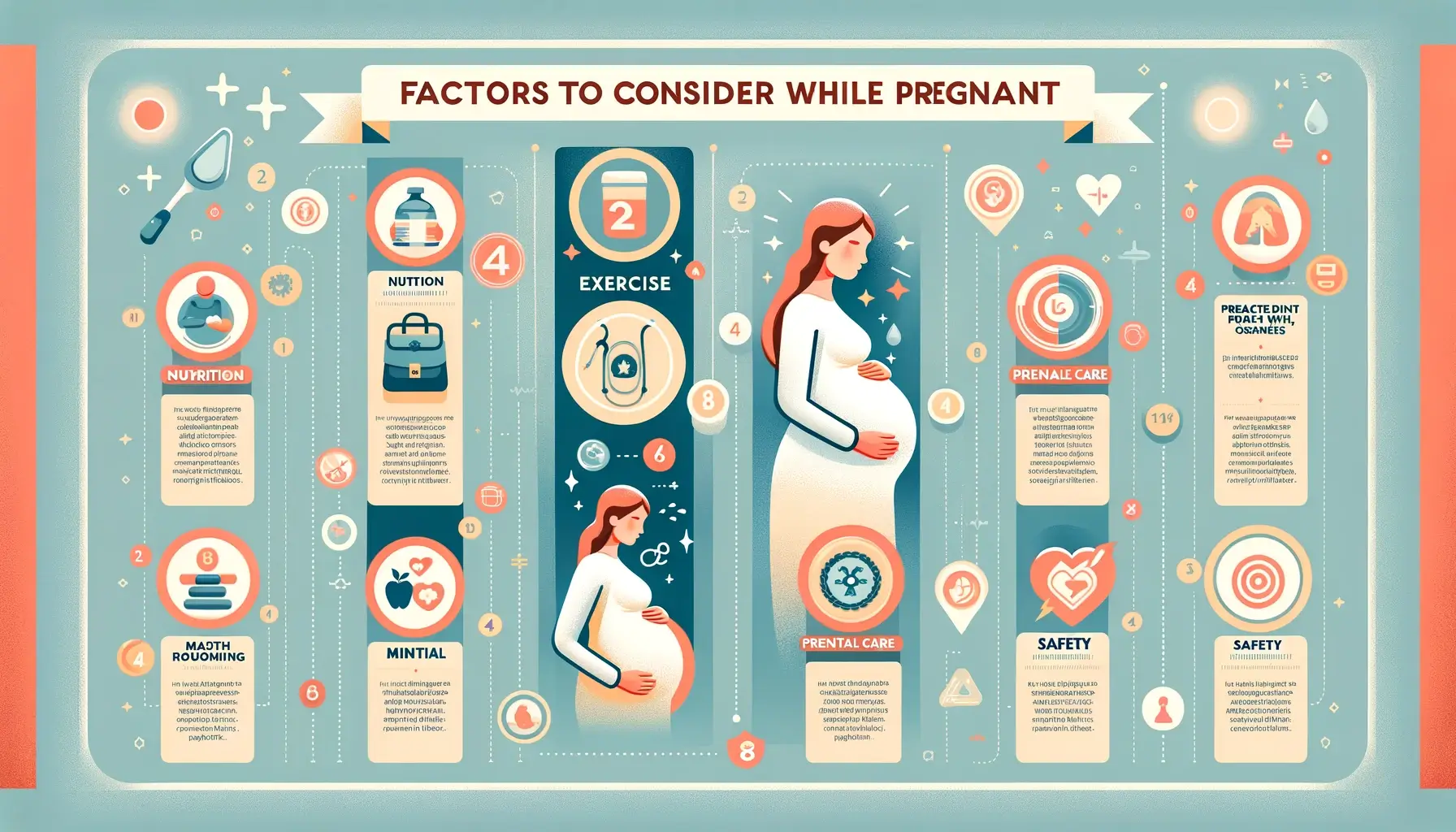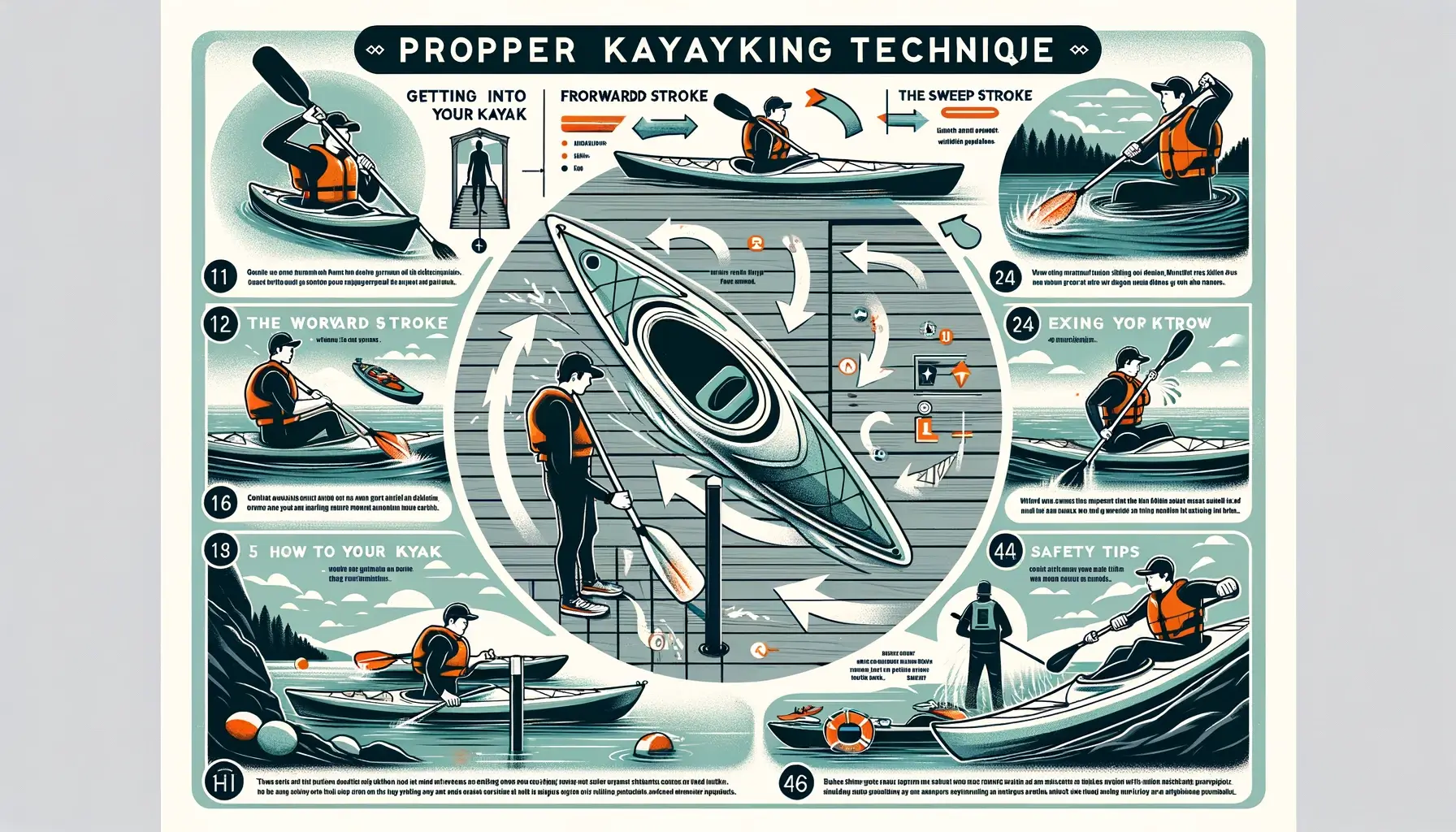Yes, it is generally safe for pregnant women to kayak, but there are certain precautions to consider. Kayaking can provide a low-impact workout and contribute to overall physical well-being during pregnancy.
However, it is essential to consult with a healthcare professional before engaging in any physical activity, as individual circumstances may vary. Additionally, it is crucial to prioritize safety while kayaking, such as wearing a personal flotation device, choosing calm and shallow waters, and avoiding rough weather conditions.
Maintaining proper body posture, listening to one’s body, and avoiding excessive exertion are also fundamental. Ultimately, the safety of kayaking while pregnant depends on an individual’s health condition, fitness level, and the advice of their physician.
Benefits Of Kayaking
Kayaking is a wonderful activity that can provide numerous benefits for pregnant women. One of the most appealing advantages is the opportunity to stay active during pregnancy. Additionally, kayaking offers a low-impact form of exercise that is gentle on the body.
Staying Active During Pregnancy
- Keeps muscles toned and improves cardiovascular health.
- Helps maintain a healthy weight and manage stress levels.
- Boosts energy levels and improves overall well-being.
Low Impact Exercise
- Reduces the risk of joint pain and strain during pregnancy.
- Enhances flexibility and promotes better posture.
- Improves circulation and may help alleviate pregnancy discomforts.
Factors To Consider

Kayaking while pregnant comes with potential risks, so it’s important to consider multiple factors. Safety mainly depends on the individual’s physical condition, the waters’ calmness, and the duration of the activity. Seeking advice from a healthcare provider before embarking on a kayaking trip during pregnancy is crucial for a safe experience.
Body Changes And Limitations
Factors to Consider: Expectant mothers may wonder if kayaking while pregnant is safe. It’s crucial to consult a healthcare provider before engaging in kayaking during pregnancy. Your doctor can assess your situation and provide personalized advice.
Consulting A Healthcare Provider
During pregnancy, healthcare providers can offer tailored guidance on safe activities like kayaking. They will consider your medical history, the stage of your pregnancy, and any complications that may arise. Always prioritize your health and safety by seeking professional advice.
Body Changes And Limitations
Pregnancy brings physical changes that affect your ability to engage in certain activities like kayaking. Changes in balance and center of gravity may impact your kayaking experience. It’s essential to listen to your body and be aware of any limitations.
Safety Precautions

When considering kayaking during pregnancy, prioritizing safety is of utmost importance. By taking certain precautions, you can ensure a safe and enjoyable experience. Implementing the following safety measures will give you peace of mind and allow you to make the most of your kayaking adventure:
Wearing A Personal Floatation Device
One of the first safety precautions you should take when kayaking during pregnancy is wearing a personal floatation device (PFD). Wearing a properly fitted PFD can provide an essential layer of protection, ensuring that you stay afloat in case of any unexpected circumstances. Make sure to choose a PFD specifically designed for pregnant women. These PFDs are designed with additional padding and adjustable buckles to accommodate your changing body shape. Remember, safety starts with a well-fitted and secured PFD!
Choosing Calm And Stable Waters
Opting for calm and stable waters is a crucial safety aspect for pregnant kayakers. It is recommended to choose locations with minimal or no currents, as they pose less risk for capsizing or sudden movements that could potentially put strain on your body. Look for areas with protected water bodies such as lakes, ponds, or slow-moving rivers. Avoid kayaking in areas with strong tides, large waves, or heavy boat traffic. By selecting serene waters, you can relax and fully enjoy your kayaking excursion, knowing that you are in a safe environment.
Avoiding Extreme Weather Conditions
When kayaking during pregnancy, it is essential to keep a close eye on the weather forecast. Avoid kayaking in extreme weather conditions such as thunderstorms, high winds, or heavy rain. Unpredictable weather can increase the risks associated with kayaking and can potentially jeopardize your safety and the safety of your unborn child. Always check weather reports before you head out and reschedule your kayaking trip if there are any indications of severe weather. Staying aware of the weather conditions will ensure a safer and more enjoyable kayaking experience.
Proper Kayaking Technique

Kayaking is usually safe during pregnancy if proper technique is followed. However, it is vital to consult with a healthcare professional and take precautions to ensure the safety of both mother and baby.
Proper Kayaking Technique Maintaining Proper Posture Maintaining proper posture while kayaking is crucial, especially for pregnant women. Sitting upright with your back aligned can prevent strain and discomfort. Make sure your feet are flat on the footrests and your knees are bent slightly. This will help distribute your weight evenly and provide better stability.
Avoiding Strain and Overexertion Pregnancy already puts strain on the body, so it’s essential to avoid any additional strain or overexertion while kayaking. Paddling with smooth, controlled movements can prevent overexerting yourself. Additionally, consider using proper paddling techniques such as rotating your torso rather than just relying on arm strength. Remember, safety should always be a priority, especially during pregnancy. By adhering to proper kayaking techniques and listening to your body, you can still enjoy the water while ensuring the safety of both you and your baby.
Potential Risks
Kayaking is a popular outdoor activity that offers a serene and refreshing experience on the water. However, when it comes to kayaking while pregnant, it’s essential to consider the potential risks involved. Understanding the potential dangers can help expecting mothers make informed decisions about whether it’s safe to engage in this activity during pregnancy.
Risk Of Falls Or Accidents
Kayaking involves navigating through water and dealing with potential obstacles or challenging water conditions. Pregnant women are more prone to balance issues due to the changes in their center of gravity, increasing the risk of falls or accidents while on the water. A fall or a collision with other objects can result in injuries that pose a threat to the well-being of both the mother and the baby.
Excessive Heat And Dehydration
The physical exertion of kayaking, combined with exposure to the sun’s rays, can lead to excessive heat and dehydration. Pregnant women are more susceptible to heat-related illnesses, and dehydration can have serious implications for their health and the development of the baby. Staying well-hydrated and avoiding prolonged exposure to extreme heat while engaging in physical activities like kayaking during pregnancy is crucial.
Alternative Water Activities
For pregnant women looking to stay active and enjoy the water, several alternative water activities can provide both exercise and relaxation. These activities offer similar benefits to kayaking but with a lower risk of injury or strain. Let’s explore a couple of popular options:
Swimming
Swimming is a fantastic water activity for pregnant women. It is low-impact, which means it puts minimal stress on the joints and muscles. The buoyancy of the water helps relieve the pressure on your back and belly, making it an excellent option for alleviating back pain and swelling. Additionally, swimming improves cardiovascular health and increases overall strength and flexibility.
Paddleboarding
Paddleboarding is another alternative water activity that is gaining popularity among pregnant women. With gentle paddling, it provides a full-body workout while engaging your core muscles. Paddleboarding is low-impact and helps improve balance and stability. Additionally, being surrounded by water provides a calming and meditative experience, reducing stress and promoting overall well-being.
When participating in these alternative water activities during pregnancy, it’s important to take some precautions to ensure your safety:
- Consult with your healthcare provider before starting any new physical activities.
- Choose calm and tranquil waters, avoiding strong currents or rough conditions.
- Wear a life jacket to ensure added safety and buoyancy.
- Stay hydrated and take breaks when needed to avoid overexertion.
- Listen to your body and modify or stop any activity that causes discomfort or pain.
Remember, it’s essential to prioritize your safety and comfort while enjoying water activities during pregnancy. By opting for alternative water activities such as swimming or paddleboarding, you can stay active, reduce stress, and promote a healthy pregnancy.
Tips For Comfort
Kayaking is generally safe during pregnancy with precautions. Wear a life jacket, stay hydrated, and paddle gently in calm waters for optimal comfort. Consult a healthcare provider before embarking on any physical activity while pregnant for personalized advice.
Choosing A Suitable Kayak
– Opt for a wider, more stable kayak model. – Look for kayaks with adjustable seating for comfort. – Consider sit-on-top kayaks for better accessibility.
Using Supportive Gear
– Wear a properly fitting life jacket at all times. – Invest in a comfortable padded seat for extra support. – Utilize cushioned backrests for added ease during paddling.
Other Considerations
Ensure consulting with a healthcare provider before kayaking while pregnant to address any specific concerns. Take precautions to minimize risks, such as avoiding rough waters and utilizing proper safety equipment. Listen to your body and stay hydrated during your kayaking sessions to prioritize safety for both you and your baby.
Consider Trimester-Specific Guidelines and Listening to Your Body when kayaking while pregnant.
Trimester-specific Guidelines
During the first trimester, kayaking is generally safe; however, as pregnancy progresses, balance and comfort may be compromised.
Listening To Your Body
If kayaking causes discomfort, excessive fatigue, or unusual symptoms, cease the activity immediately.
Frequently Asked Questions Of Is It Safe To Kayak While Pregnant
Is It Safe To Kayak While Pregnant?
Kayaking while pregnant can be safe if you take the necessary precautions. It’s essential to consult your healthcare provider and ensure you have proper support and stability while on the water. Consider using a larger, more stable kayak and avoiding rough waters.
What Are The Risks Of Kayaking During Pregnancy?
Kayaking during pregnancy can pose some risks, such as the potential for falling or straining yourself. The movement of the kayak and the physical exertion required may also lead to discomfort. It’s crucial to be aware of these factors and take necessary precautions.
How Can I Ensure Safety While Kayaking Pregnant?
To ensure safety while kayaking pregnant, consider using a specially designed maternity life vest for extra buoyancy and comfort. It’s also important to stay hydrated, avoid overheating, and listen to your body. Paddle at a comfortable pace and choose calm waters for a smoother experience.
What Are The Benefits Of Kayaking During Pregnancy?
Kayaking during pregnancy can offer a low-impact workout, helping to strengthen your muscles and improve cardiovascular health. It provides a unique opportunity to stay active and enjoy nature. Additionally, the rhythmic motion of paddling can have a calming effect, reducing stress and promoting relaxation.
Conclusion
It is generally safe to kayak while pregnant, as long as you take certain precautions. Consult with your healthcare provider to ensure you are in good health and receive their approval. Choose calm and gentle waters, wear a life jacket, and listen to your body’s limits.
Remember to prioritize your safety and the well-being of both you and your baby. Happy kayaking!
